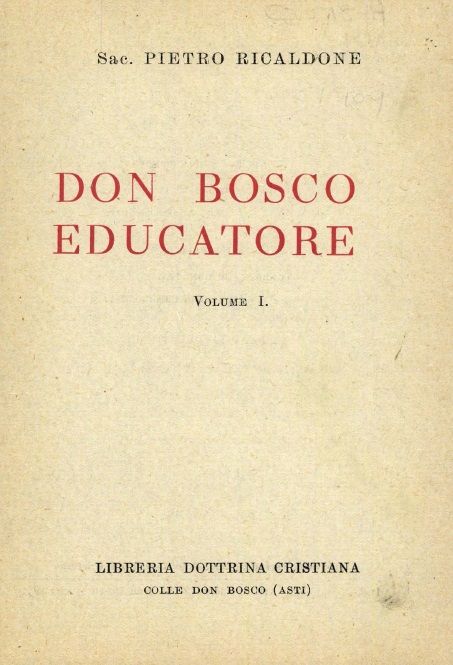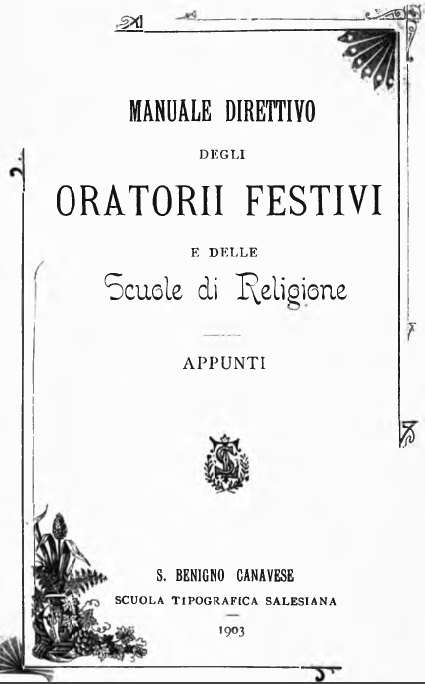Don Bosco e generalmente anche i suoi prossimi collaboratori hanno cercato di applicare consapevolmente e fedelmente il sistema preventivo nell’educazione. Esso richiede l’assistenza costruttiva ed anche ‘impeditiva’ (preveniente per mezzo di misure impeditive) come pure la ragione(volezza), la pratica religiosa, i rapporti amichevoli e benevoli.










